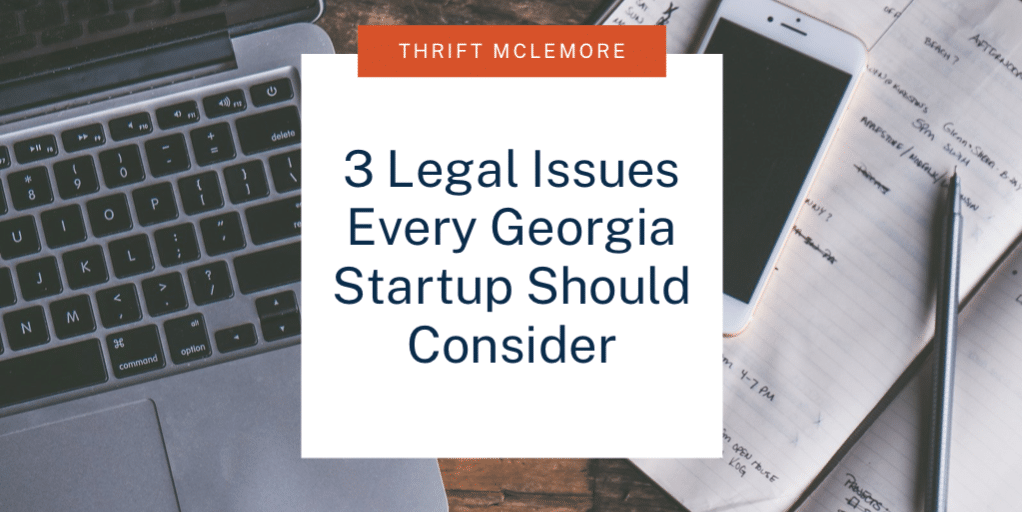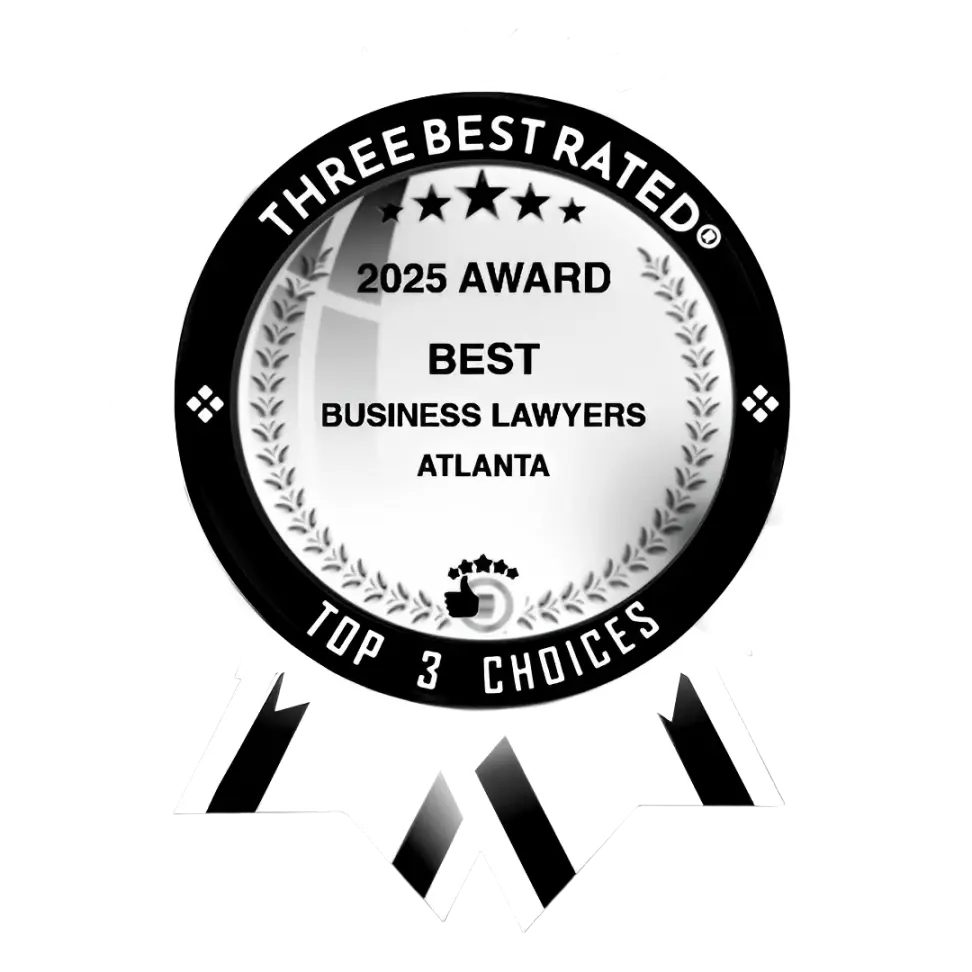Starting a new company can be both an exciting and stressful process. A new business owner must consider many things – including legal issues. However, not all problems are created equal, and some decisions will have an impact on your business in the years to come. This guide is not designed to scare you or make you nervous about legal issues. Instead, it is intended to flag these issues for you and, with the help of a qualified attorney, overcome them to help your business succeed. So, without further ado, here are three legal issues every Georgia startup should consider:
1. Legal Structure
One of the most critical decisions a founder will make when starting their business is what business structure to form. Choosing the proper legal structure can help a founder understand their tax liability, their personal liability for their company’s actions, and even affect funding opportunities. Each legal structure has its own benefits and weaknesses.
For example, partnerships can be formed easily either through verbal or written contract and require no filing with the Secretary of State. Still, partnerships can’t transfer interest in the organization as corporations can, and the partners might be exposed to high personal liability. While hybrid companies, such as limited liability companies, do have to file with the Secretary of State, they can quickly transfer interest and have more personal liability protection.
There are many different kinds of legal structures. The two listed above are merely used as examples of the complexity involved in the decision. Make sure you do your research and speak with an experienced business lawyer about what structure might work best for your company.
2. Founder’s Agreements / Bylaws
Many startups are founded by friends or close acquaintances; as such, many people fail to write out the responsibilities and roles of each founding member. A founder’s agreement can help define the ownership of each member and their role in the company. In comparison, bylaws establish the processes used by the corporation to remove officers or define the roles of each founding member. These documents are essential because they can help map out the rules-of-the-road for each member or subsequent member going forward.
3. Licensing
Every founder needs to be aware of the local laws surrounding permitting and licensing for their enterprise. It can be shocking how many business activities require state licensing or local permits to conduct their daily undertakings. Not having the proper licensing or non-compliance with a city ordinance can lead to hefty penalties and significant financial losses.
Thrift McLemore’s experienced and knowledgeable business attorneys are available to assist you with all these issues and guide you through the decisions. We are here to support you at every business stage.









